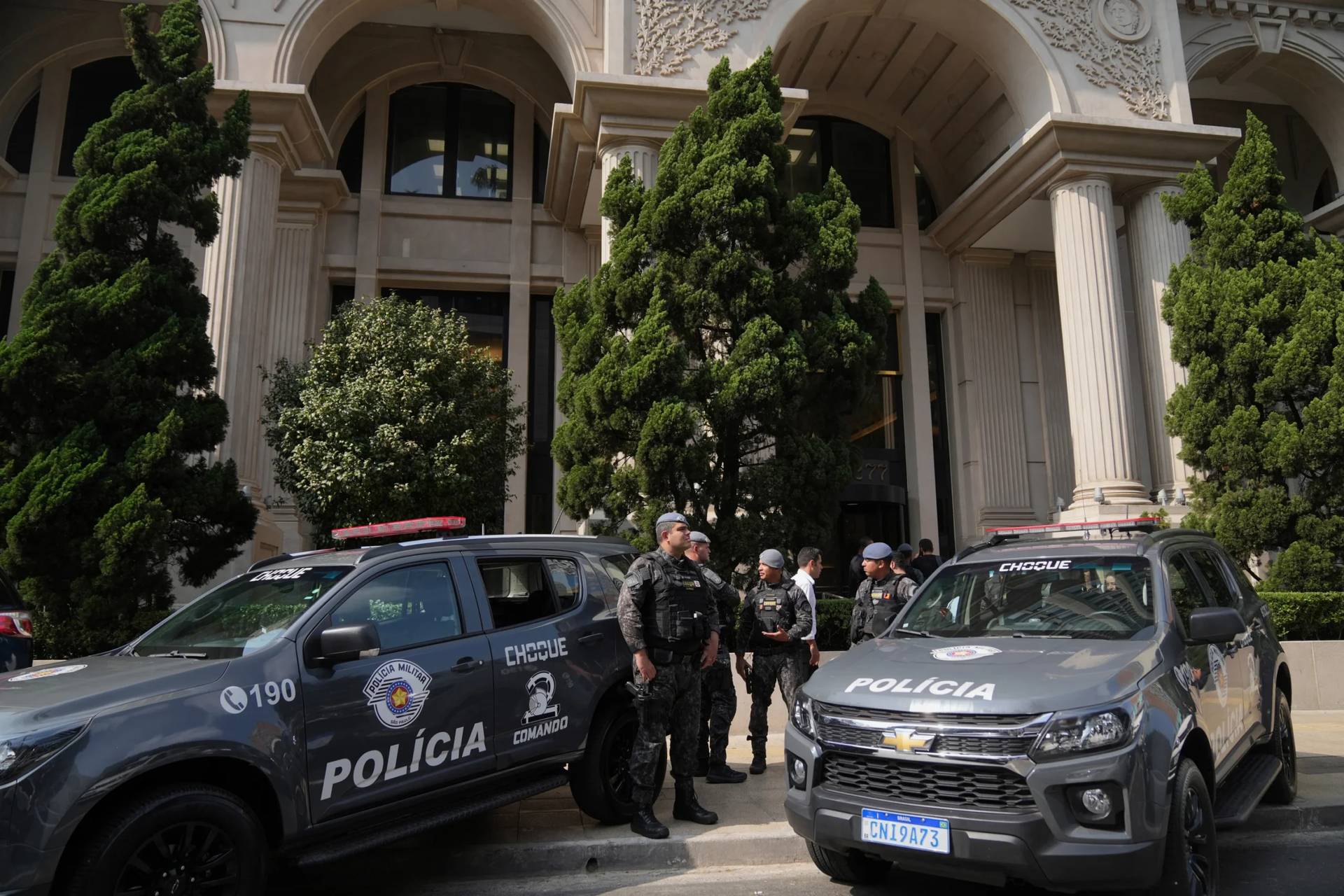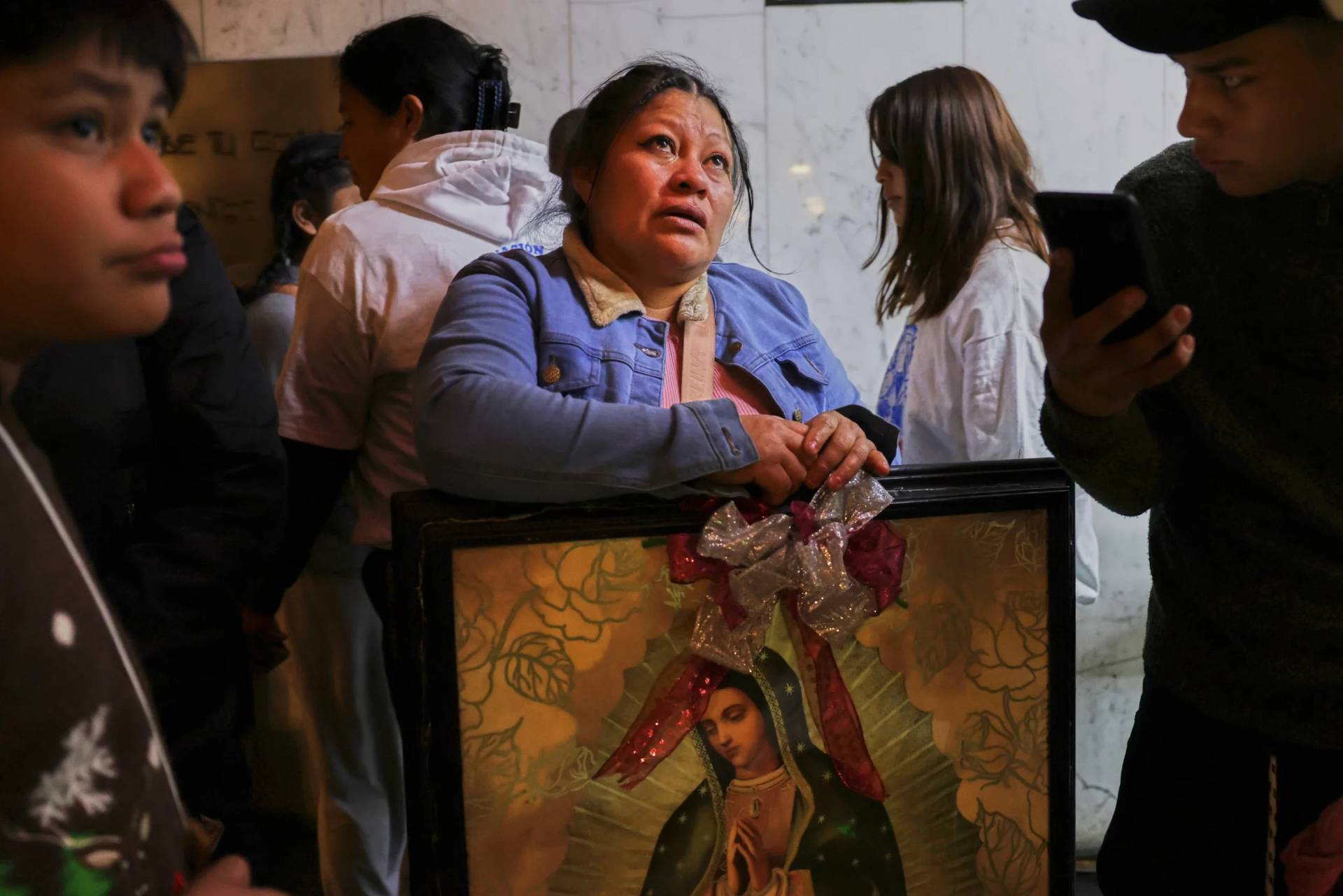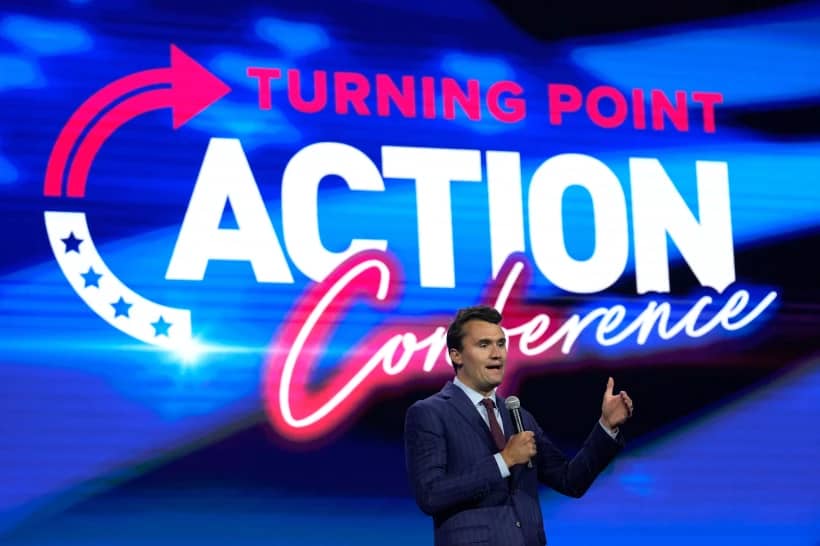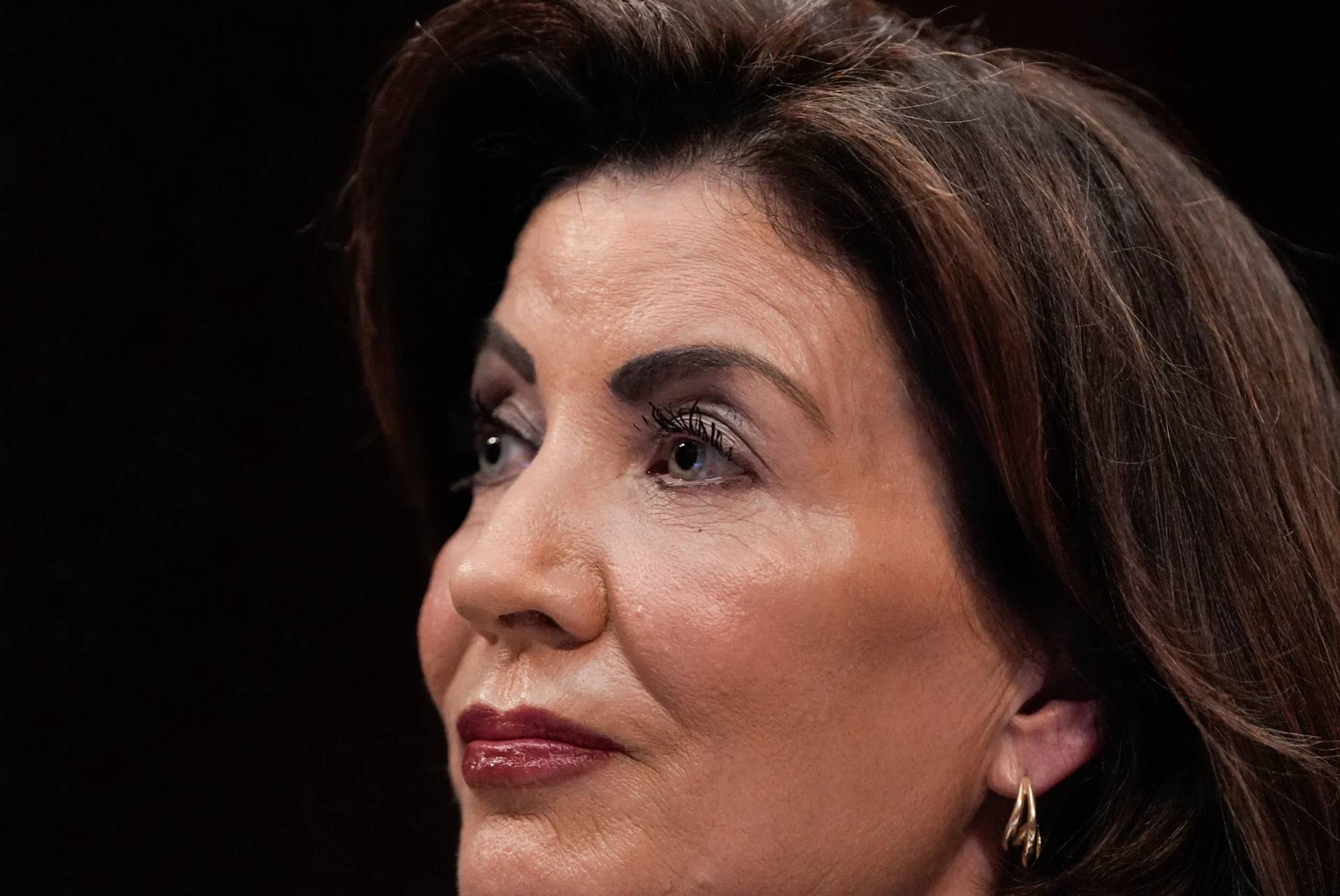SÃO PAULO – Brazil is preparing for municipal elections on Nov. 15, and a surprising number of clerics are running for public office.
A survey carried out by the Brazilian news website Metrópoles showed that 1,012 people running for office included the title “Pastor” in the name they registered in the Electoral Justice system. Another 1,007 candidates have the title “Padre” – used by Catholic priests in the country – surprising, since Church law forbids clergy from running for office.
“Many of those candidates have left the holy orders years ago but kept ‘Father’ in their electoral names because that’s how they’re publicly known,” explained Archbishop Zanoni Demettino Castro of Feira de Santana, in Bahia State, noting a few cases in his own archdiocese.
Another part of the candidates who present themselves as “Padre” are Anglicans or ministers in Catholic breakaway denominations, such as the Old Catholic Church and the Brazilian Catholic Apostolic Church, founded in 1945 by an excommunicated Roman Catholic bishop.
Although the actual number of Catholic priests running for office is certainly much lower than 1,007, there are at least a few dozens of them attempting to become mayors or members of a city council.
“It’s an absurd situation. The canonical legislation clearly forbids priests to run for office and to pursue a political career. Especially since the Second Vatican Council, such an interdiction has been very clear,” said Edson Sampel, a professor at the Archdiocese of São Paulo’s Canon Law School São Paulo Apóstolo.
According to him, the shortage of priests in Brazil should also be considered a reason for clerics to avoid becoming politicians.
“They should worry about their particular sacramental mission. The Church’s social doctrine qualifies laypeople as the legitimate agents of political transformation,” Sampel said.
Bishop Joaquim Mol Guimarães, an auxiliary in Belo Horizonte and president of the episcopal commission for communications, the main reason why an ordained minister shouldn’t run for office is that to do so “he needs to be affiliated to a political party, which represents only a fraction of society and not the whole of it.”
“So, he would exercise his political duties according to a party platform to which he had connected. But an ordained minister is a minister of communion, so his choice is always for the whole, avoiding this way unnecessary divides in the ecclesial community,” he told Crux.
Sampel refers to the Canon 287, paragraph 2, which states that clerics “are not to have an active part in political parties and in governing labor unions unless, in the judgment of competent ecclesiastical authority, the protection of the rights of the Church or the promotion of the common good requires it.”
“There’s no situation like that nowadays that could justify a bishop’s authorization. Only a great social chaos would require a priest to engage in politics,” Sampel argued.
But the prohibition is not a way of criminalizing politics, Mol Guimarães said.
“The Church considers politics as a privileged way of seeking the common good. That’s why it encourages laypeople to engage in politics and pursue the implementation of policies favorable to the most vulnerable in society,” he said.
However, different circumstances have been leading priests to pursue a political career in Brazil. In general, they seem to have a feeling that their pastoral mission can be somehow publicly expressed by advancing policies which will benefit the neediest in society.
That’s the case of Father Jorge Fontes da Silva, whose electoral name is “Frei [Friar] Jorge Fontes” – because for many years he was a Capuchin brother, before leaving the congregation and becoming a diocesan priest.
Da Silva has worked as a public school principal – a position that required him to be elected by the community – for 12 years.
“Since the beginning, I saw my work in a school located in a poor neighborhood as part of my mission. It’s the same now that I’m running for the city council,” he told Crux.
He has been working with social pastoral commissions in the city of Feira de Santana for decades and became a well-known leader among community activists in the city. After much hesitation, he finally agreed to become a candidate when a few colleagues from a political party invited him.
“In the past few years, a mentality emerged in society of demonizing politics. I feel it’s a mission for Catholics to recover the legitimacy of politics in Brazil,” he said.
Even though he’s affiliated to a left-wing party, many members of his community who identify with the conservative administration of President Jair Bolsonaro said they’ll vote for him.
“I have many friends who are right-wing, Bolsonarist policemen. Some of them are even collaborating in my campaign,” Da Silva said.
The polls will be the first ones since Bolsonaro’s presidential victory in 2018, and many see them as a popularity test for him.
Other citizens told him they’re glad that a priest is running for office, given that “there are only Evangelical pastors in the city council.”
“A few years ago, the Evangelicals had the idea of changing the city’s name from Feira de Santana [Street Market of Saint Anne] to ‘Feira de Jesus’. A few people told me that the city needs a priest in office to avoid things like that,” he added.
Before making his decision, Da Silva consulted some colleagues and the archbishop and ended up asking a temporary leave from his ministry.
“We have to respect the individual autonomy. But the canonical law requires the cleric’s temporary removal from his priestly duties,” Castro said.
Father Sergio Fioravante Alvarez from the city of Americana, in São Paulo State, is pursuing his second term as a city council member. He has been affiliated with the left-wing Workers’ Party since its foundation in 1980.
“Before entering the seminary, I worked as a factory laborer and a shop clerk. My mission started in adulthood with the Church’s social pastoral commissions. After 28 years of community activism, I was invited to run for office,” he told Crux.
Alvarez was first elected in 2016, with a temporary leave from his priestly duties. But he said he continues celebrating Mass in different communities every time he’s invited to do so.
“I’m a pilgrim priest. As a city council member, I’ve been struggling for the workers’ rights,” he said.
Father Décio Majela Abreu, who was a city council member between 2012 and 2016 in the city of Sete Lagoas in Minas Gerais State, says the Church shouldn’t forbid the involvement of clerics in party politics.
“The Church has an enormous potential to transform society. The society is punished when good candidates, as many priests could be, are left out of the elections,” he told Crux.
Abreu said priests usually come with credibility and social prestige.
“I used to be respected even by the members of the opposition. In general, clergy are valued members of their communities,” he said.
This is especially useful in a country like Brazil, where political scandals compete with soccer as the national sport. Brazilians may be inclined to turn to clergy due to a lack of trustworthy politicians.
“They’re probably trying to fill the void in political leadership,” Castro admitted.

















